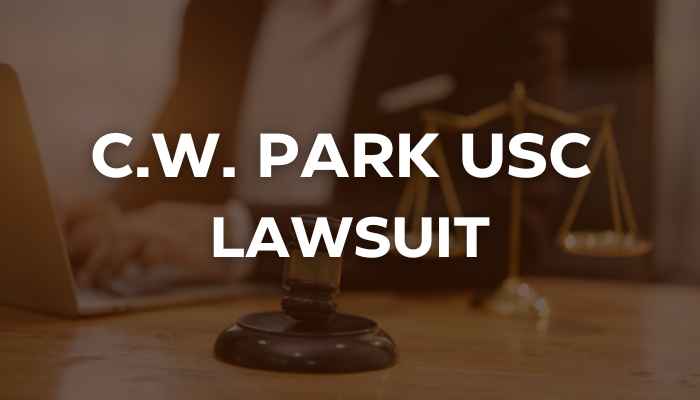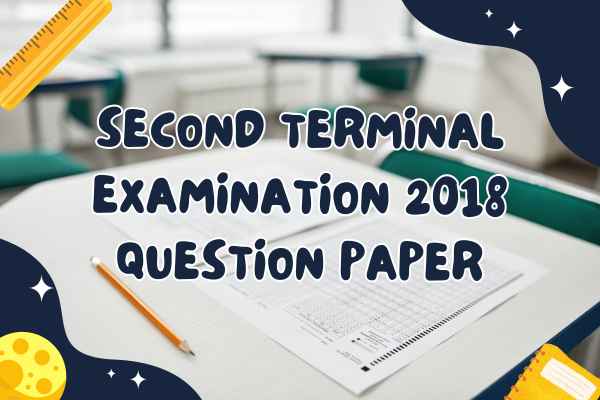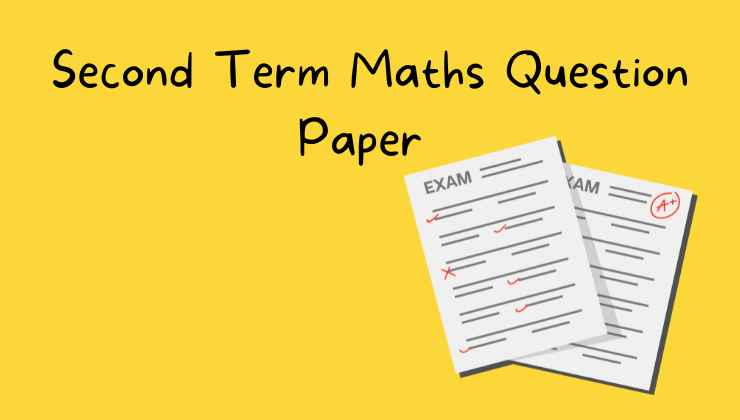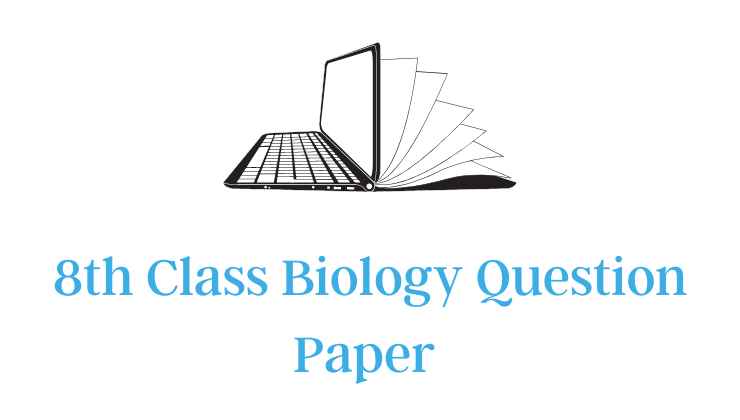C.W. Park USC Lawsuit: In-Depth Analysis & Implications

Introduction
The academic world is often perceived as a bastion of knowledge, ethics, and integrity. However, it is not immune to the complexities and challenges that plague other sectors. Academic legal disputes over misconduct, discrimination, and retaliation profoundly impact individuals and the broader educational community. The C.W. Park USC lawsuit, with its complex details, impacts academic practices, governance, and lives at USC.
This comprehensive analysis aims to explore the background, key allegations, legal proceedings, and implications of the C.W. Park USC lawsuit. We aim to explore the case’s significance and the broader issues it highlights in higher education.
Background
The C.W. Park USC lawsuit revolves around Dr. C.W. Park, a distinguished marketing professor at USC’s Marshall School of Business. Dr. Park, a respected academic since 2013, has an extensive research portfolio in consumer behavior and marketing. His well-documented academic contributions have earned him a respected reputation as a scholar both at USC and beyond.
Despite his impressive credentials, Dr. Park found himself embroiled in a contentious legal battle with USC. The lawsuit, which he filed against the university, alleges various forms of misconduct, including academic misconduct, discrimination, and retaliation. These issues arose soon after Dr. Park’s tenure began at USC, leading to events that resulted in ongoing legal proceedings.
Key Allegations and Claims
The C.W. Park USC lawsuit is characterized by several key allegations, each of which carries significant weight and has the potential to influence the outcome of the case. These allegations include:
1. Academic Misconduct
At the core of Dr. Park’s lawsuit are allegations of academic misconduct within USC’s Marshall School of Business. Dr. Park asserts that certain individuals within the institution engaged in unethical practices that undermined the integrity of his research.
- Data Manipulation: Dr. Park alleges that colleagues and administrators manipulated research data in a manner that compromised the validity of his findings. He argues that certain individuals manipulated the data to discredit his work and diminish his academic standing.
- Intellectual Property Theft: Another serious allegation involves the theft of intellectual property. Dr. Park contends that his research ideas and findings were appropriated by others without his consent, thereby violating his rights as a researcher.
- Sabotage of Research Projects: Dr. Park also claims that his research projects were deliberately sabotaged by certain individuals within the university. This sabotage, he alleges, was part of a broader effort to hinder his academic progress and reputation.
These allegations strike at the heart of academic integrity, raising important questions about the ethical standards upheld within USC and the mechanisms in place to prevent such misconduct.
2. Discrimination and Retaliation
In addition to academic misconduct, Dr. Park’s lawsuit includes allegations of discrimination and retaliation. He claims that he was subjected to unfair treatment based on his race, national origin, and outspoken nature. The specific allegations include:
- Racial and National Origin Discrimination: Dr. Park, who is of Korean descent, alleges that he faced discrimination based on his race and national origin. He contends that despite his qualifications and contributions to USC, he was treated differently from his peers, leading to adverse professional consequences.
- Retaliation for Speaking Out: Dr. Park further asserts that he faced retaliation for raising concerns about the misconduct and discrimination he experienced. He claims that his efforts to address these issues were met with hostility, professional isolation, and denial of tenure, creating a hostile work environment.
These allegations emphasize broader diversity and equity issues, highlighting the challenges marginalized groups face within academic institutions.
3. Failure of Institutional Oversight
A significant aspect of Dr. Park’s lawsuit is the alleged failure of USC’s institutional oversight mechanisms. According to Dr. Park, despite his efforts to report the misconduct and discrimination he encountered, the university failed to take appropriate action. He argues that:
- Inadequate Investigation: Dr. Park contends that USC did not conduct a thorough investigation into his complaints, allowing the alleged misconduct to persist unchecked. This failure, he argues, reflects a lack of accountability within the institution.
- Perpetuation of a Culture of Impunity: Dr. Park further alleges that the university’s inaction contributed to a culture of impunity, where unethical behavior and discrimination were tolerated, if not implicitly encouraged.
The claims of institutional failure raise important questions about the responsibilities of universities to protect the rights of their faculty and staff and to maintain a culture of integrity and accountability.
Legal Proceedings and Developments
The C.W. Park USC lawsuit has traversed several stages of litigation, each marked by significant legal proceedings and developments. The key milestones in the case include:
1. Filing of the Lawsuit
The lawsuit was initially filed by Dr. Park, who sought legal recourse for the alleged wrongs he experienced at USC. In his complaint, Dr. Park outlined the various allegations of misconduct, discrimination, and retaliation, seeking damages and other forms of relief.
2. USC’s Response
In response to Dr. Park’s lawsuit, USC has vehemently denied the allegations. The university asserts that it adhered to all applicable policies and procedures and that Dr. Park’s claims lack merit. USC’s legal team has filed motions to dismiss certain claims and has challenged the admissibility of evidence presented by Dr. Park.
3. Court Rulings and Motions
The court overseeing the case has issued rulings on various motions and procedural matters. These rulings have addressed issues such as:
- Admissibility of Evidence: The court has considered the admissibility of key evidence presented by both parties, including documents, witness testimonies, and expert reports.
- Scope of Discovery: Discovery, the process by which both parties obtain evidence from each other, has been a critical aspect of the case. The court has ruled on disputes related to the scope and extent of discovery, shaping the evidence available for trial.
- Requests for Summary Judgment: USC has filed motions for summary judgment, seeking to have certain claims dismissed without a full trial. The court’s rulings on these motions have influenced the trajectory of the litigation.
4. Public Scrutiny and Media Coverage
The lawsuit has attracted significant public attention, with media outlets closely following the developments. The case has sparked discussions about academic integrity, diversity, and institutional accountability, drawing interest from scholars, students, and the general public.
5. Ongoing Proceedings
As of the latest update, the lawsuit remains ongoing. Both parties continue to litigate their respective positions, with the possibility of a trial or settlement on the horizon. The outcome of the case remains uncertain, with potential implications for both Dr. Park and USC.
Implications and Significance
The C.W. Park USC lawsuit carries profound implications for the academic community and the broader landscape of higher education. The case highlights several critical issues, including:
1. Academic Integrity and Ethics
The allegations of academic misconduct underscore the importance of maintaining rigorous standards of integrity and ethics within academia. The case prompts reflection on the safeguards in place to prevent, detect, and address research misconduct and the role of institutions in upholding these standards.
2. Diversity, Equity, and Inclusion
The claims of discrimination and retaliation bring to the forefront the challenges of fostering diversity, equity, and inclusion within academic institutions. The case serves as a reminder of the need for inclusive environments where individuals from all backgrounds can thrive and contribute to the educational mission.
3. Institutional Accountability
The lawsuit raises important questions about the accountability of universities in handling internal grievances. It underscores the need for robust mechanisms for reporting and addressing misconduct and discrimination and the responsibilities of institutions to protect the rights of their faculty and staff.
4. Legal Precedent
Depending on the outcome, the C.W. Park USC lawsuit could set a legal precedent that influences future cases involving similar allegations. The court’s rulings on key issues such as academic misconduct, discrimination, and institutional oversight could shape how such cases are prosecuted and resolved in the future.
Conclusion
The C.W. Park USC lawsuit represents a complex and multifaceted legal dispute with far-reaching implications for academia and institutional governance. As the case continues to unfold, it serves as a stark reminder of the importance of upholding academic integrity, promoting diversity and inclusion, and ensuring institutional accountability within educational institutions. Regardless of the eventual outcome, the lawsuit prompts critical conversations and reflections on the challenges and responsibilities inherent in maintaining ethical standards and fostering equitable environments within academia.
The legal battle between Dr. Park and USC is more than just a personal grievance, it is a case that touches on fundamental issues that affect the very fabric of higher education. As such, it will likely continue to be a topic of discussion and analysis for years to come.








